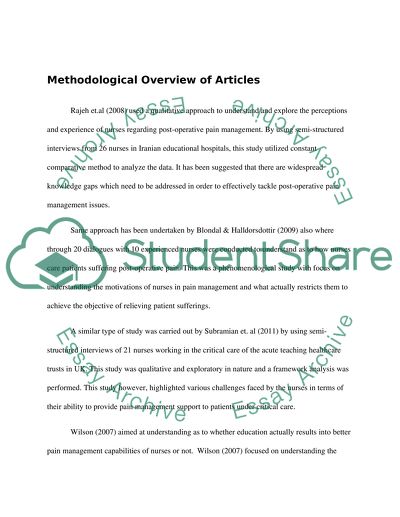Cite this document
(“Effective Management Of Post-Operative Pain Literature review”, n.d.)
Effective Management Of Post-Operative Pain Literature review. Retrieved from https://studentshare.org/nursing/1463884-what-are-the-barriers-for-nurses-in-managing-post
Effective Management Of Post-Operative Pain Literature review. Retrieved from https://studentshare.org/nursing/1463884-what-are-the-barriers-for-nurses-in-managing-post
(Effective Management Of Post-Operative Pain Literature Review)
Effective Management Of Post-Operative Pain Literature Review. https://studentshare.org/nursing/1463884-what-are-the-barriers-for-nurses-in-managing-post.
Effective Management Of Post-Operative Pain Literature Review. https://studentshare.org/nursing/1463884-what-are-the-barriers-for-nurses-in-managing-post.
“Effective Management Of Post-Operative Pain Literature Review”, n.d. https://studentshare.org/nursing/1463884-what-are-the-barriers-for-nurses-in-managing-post.


